Pelham Public Schools have failed to curb racism; residents must demand district act
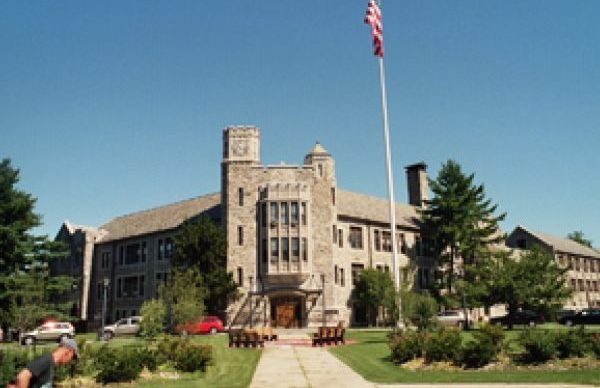
In her passionate discussion on the issue of race in America and what Pelhamites can do better, my colleague Ella Stern told us “You have to be oblivious to not see that the issues of race in America are present in your own community,” pointing out that even in Pelham there is evidence of the persistence of racism manifested in the community.
Saying simply that we are aware of racist or anti-semetic graffiti in our schools, however, doesn’t even do it justice.
Since the first day of school this year, we’ve seen three confirmed instances of racist graffiti, spread out over three of our six schools. PMHS found a racial epithet written in a bathroom. PMS found 3 swastikas in two separate locations; two police reports were filed so a connection between the three, other than their time of discovery, is unclear. Colonial Elementary found a racial epithet in one of their bathrooms. No perpetrator was ever reported caught by the District for any of these incidents.
Even outside of those instances, additional reporting by the Pelham Examiner shows that casual racism, low-level bias, and inappropriate jokes and comments are still present in Pelham schools.
I’m sure a lot of us wonder, well, if it happens in the schools why don’t the schools deal with it? And, try as they might emphasize the “cultural competence” plan in their strategic plan, the simple answer is that they really haven’t tried.
As Ella pointed out, we still have “A lack of diversity, a lack of spaces reserved for students of color, a lack of black teachers and administrators in the schools.” In a recent message, Board President Jessica DeDomenico highlights a handful of “student-centered initiatives,” none of which listed were initiatives at a high school level, in an attempt to show the district supporting and building diversity. She talks of aligning hiring and recruiting practices to culturally competent principles, but taking a cursory glance at hirings since the strategic plan really doesn’t reflect that, again, particularly at a high school level.
The district has taken some small strides though. Last year, Superintendent Dr. Cheryl Champ brought in an outside consultancy group to hold a multi-day seminar about cultural competence in schools. Included in that seminar were teachers, parents, and administrators- multiple from each school and the central administration- and yet a mere 2 students, myself included.
This year, a few seminars and assemblies were held, but apparently only in response to these events, and a cultural competence committee, which only 8 students out of over 1,000 students between grades 6-12 sit on, continued to meet as well. But other than those relatively minor actions, the only tangible changes I’ve seen in my school are an uptick in talk from the administration, telling us there’s change coming imminently, without providing any real initiatives and actions, coming alongside an increase in casual racism and these racist and anti-semetic incidents.
It’s time to end the failure of Pelham Schools on the issue of race. Eliminating these racist occurrences can only come when we create real, tangible cultural change in our schools. Instead of once a year assemblies, or seminars including only a handful of students, and only seemingly coming in response to specific incidents, these assemblies and seminars should become regular, and address systematic racism, injustice, and violence. They need to eliminate the regular building walkthroughs by local police to end the unnecessary presence of police in our schools. Also, they need to stand in solidarity and put both our security staff and entire faculty through anti-racism and anti-bias training. Additionally, they need to ensure that lessons on race and racial injustice in classes are entirely unbiased.
But so far, none of these changes have been made, at least not in any manner significant enough to make a difference.
So, as a town, we need to come together to fight. We can do this by writing letters, circulating petitions and sending them to Superintendent Champ ([email protected]), Board President Jessica DeDomenico ([email protected]), the Pelham Council of PTAs ([email protected]), the Pelham Education Foundation ([email protected]), individual school principals, and any other leaders in the district who can make a change. No matter how much the students try to advocate on these issues, at the end of the day, we don’t actually have a voice at the table. You, the taxpayers, the voters, the parents, you have to hold school leaders to task.
It’s clear that these are by no means the sole, or even most important way, to curb the widespread prejudice, hatred, and racism we see today. There are scores of other ways, both big and small, that we can work to end these injustices, many of which Ella talked about in her article.
But it’s clear that our schools can and should do more immediately to lead on these issues.
All lives cannot matter until black lives do.
Nick Lieggi is a freshman at Oxford College of Emory University and was a member of the PMHS class of 2020. He began his journalism career at the Pelham...



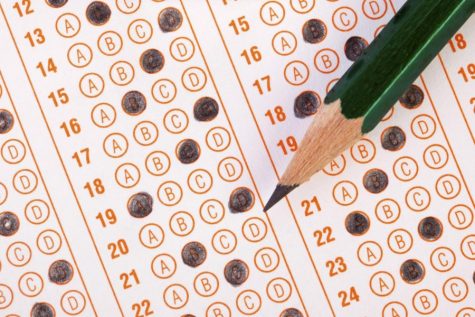
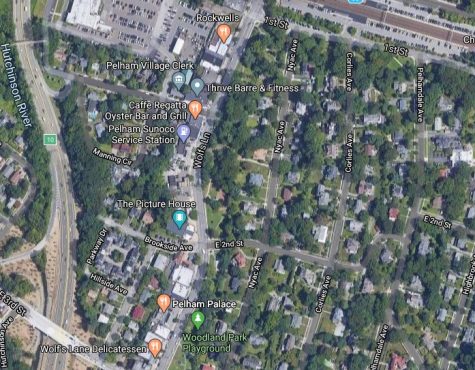

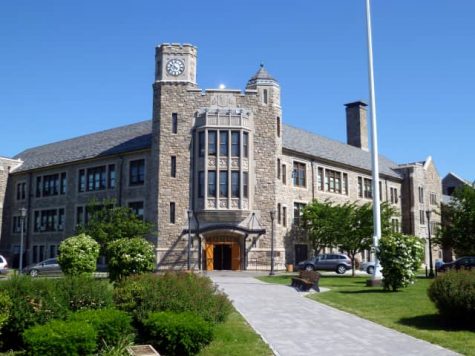

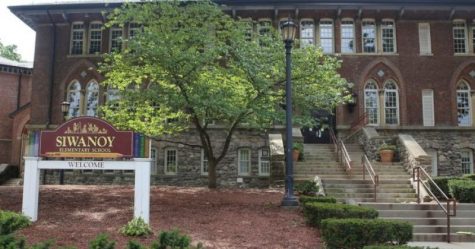
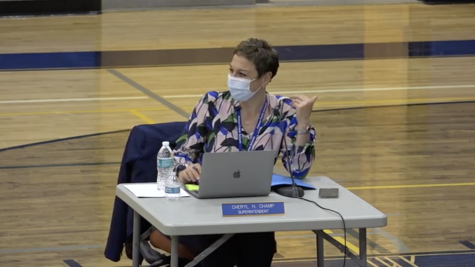

Beth Braun • Jun 9, 2020 at 5:14 pm
Thank you, Nick. It’s inspiring to see young people leading in the fight for racial justice, but we parents shouldn’t leave your generation to do all the hard work. I appreciate your suggestions and will follow through with some action.